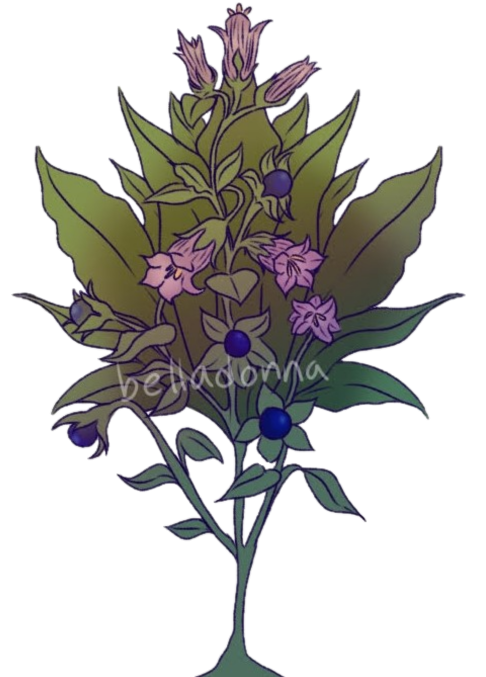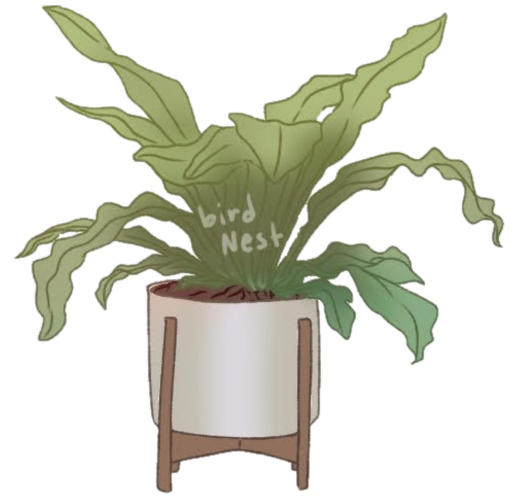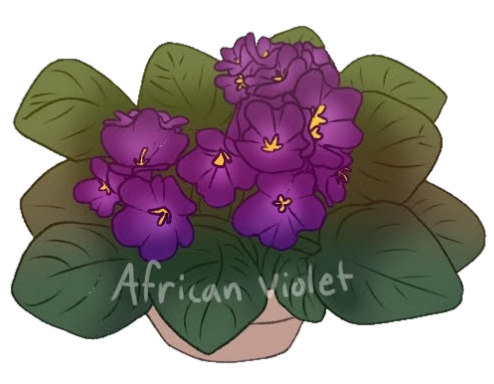Isabelle Ortiz | Staff Writer
If there is one old language few can memorize, it is flower language. Flower language, or floriography, is a way of communicating a message through the use of a certain arrangement of flowers, but has expanded to include other plants as well.
The popularity of flower language is attributed to two people: Lady Mary Wortley Montagu, who introduced flower language to England in 1717, and King Charles II, who introduced it to the Swedish court in 1727.
Traditional cultures in parts of Asia, Europe, and Africa were also known to use a form of floriography.
Many plants in floriography are associated with certain personality traits. Everyone can easily use these plants to describe themselves.

One plant with such symbolism is aloe vera, a cactus-like plant with thorns on its edges. Aloe vera is commonly used in products to hydrate skin and dry scalp. In many African cultures, it is a tradition to keep this plant in the house as it represents protection and family. This plant is a symbol for people who value family and who are protective of their loved ones.

Belladonna is a beautiful flower that has earned its other name: deadly nightshade. It was seen as a threat and represented the promise of death in the Victorian era. With the consumption of its berries causing hallucinations, it is no wonder this plant symbolizes falsehood and beauty. This flower represents those who live in secrecy, are quiet or shy, and often lie.

Bird’s Nest Fern has long green wavy leaves sprouting out in all directions. In many cultures, this plant means happiness and new beginnings. This plant represents a person who finds joy in new experiences and who looks to start new chapters in their lives.

Hollyhock is short on a good name but not short on good looks. This flower is tall and is found in bushes. These cupped-shaped flowers come in a variety of colors and represent ambition and abundance. This flower is for those with more things than they need, and who strive to do great things in life or complete small goals.

African violets come from the eastern tropics of Africa. While mistaken for a flower with its purple petals, it is actually a plant similar to a cactus that sprouts flowers. This plant is a small but mighty symbol of faithfulness, strength, and honesty. The African violets are for those who see themselves as strong, honest individuals who are faithful to their loved ones and their beliefs.

Roses are iconic flowers that are used throughout movies, plays, and books. This flower is one of the few flowers that has different meanings for its different colors.
Red roses signify courage and beauty. Yellow roses are a symbol of friendship and happiness. Orange roses represent romance and infatuation. Dark pink roses are a symbol of gratitude and creativity, while light pink roses are a symbol of sympathy and honesty.
Last but not least, white roses are a symbol of innocence and resilience.
All these plants, with different meanings from different cultures, show there is so much natural diversity to choose from in the world. Every one of us is just like a different type of plant, coming in all colors, shapes, and sizes. Each person is unique and there is sure to be a plant that represents everyone’s special personality.

All illustrations by Isabelle Ortiz
